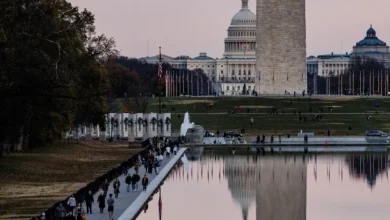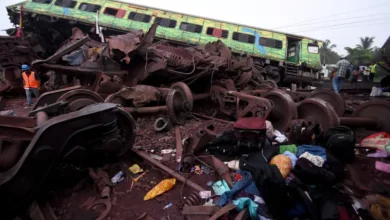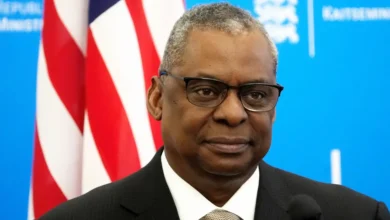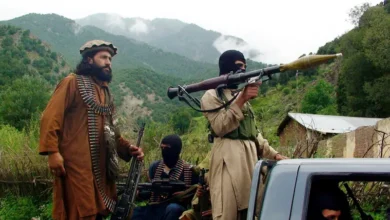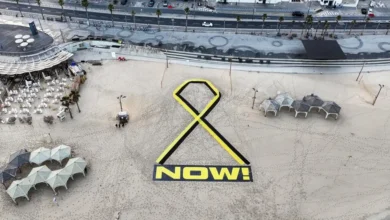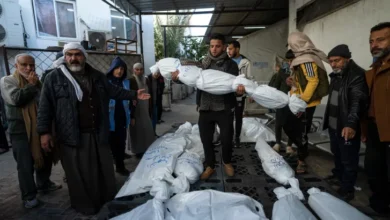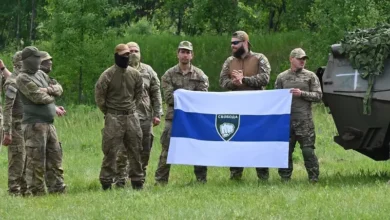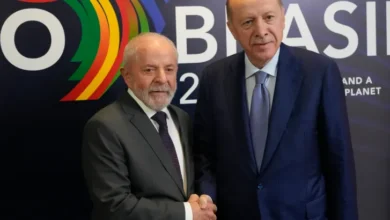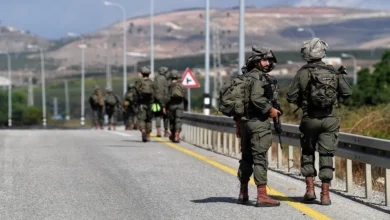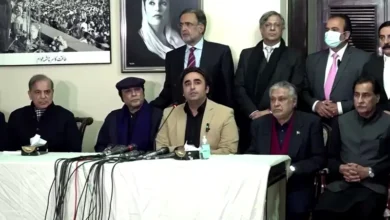Israel War on Gaza ICJ genocide case: What are Israel’s arguments and do they hold up?
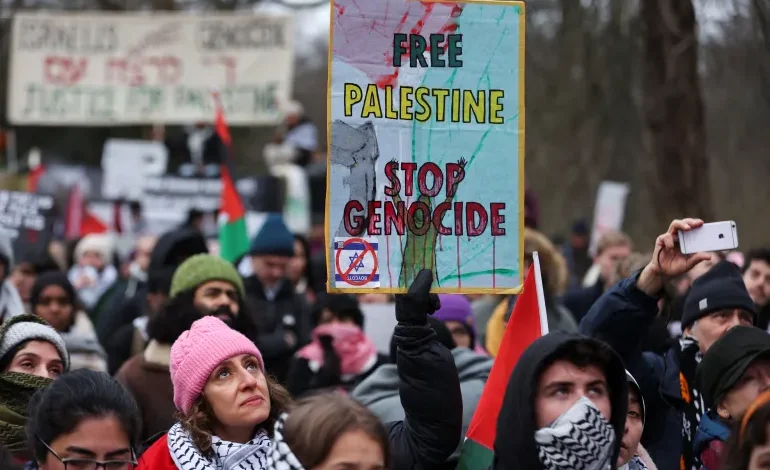
The International Court of Justice on Friday heard Israel’s defence against allegations by South Africa that it had carried out acts of genocide in Gaza, on the second day of hearings that were live-streamed for the world to watch.
Nearly 24,000 people have been killed in the enclave since October 7, almost 10,000 of them children. Thousands more are lost under rubble and presumed dead.
South Africa claims Israel has breached the 1948 Genocide Convention in its war on Gaza. On Thursday, the legal team acting for South Africa requested that the court issue emergency measures to stop the continuing aerial bombardment and ground invasion of the strip.
That request for provisional measures was the crux of this week’s proceedings.
In its Friday counter-submission, Israel’s representatives, led by British lawyer and academic Malcolm Shaw KC, argued that South Africa’s application “distorted” and “de-contextualised” Tel Aviv’s military actions in Gaza, and that in accusing Israel of genocide, Pretoria was “diluting” the meaning of the crime.
Here are Israel’s main counterarguments and a look at whether they stand up:
Right to self-defence
Israel argued that Hamas’s attack on army outposts and surrounding villages in southern Israel – as well as the taking of hundreds of captives – on October 7 is what started the Gaza war, and that Israel has a right to defend itself under international law.
Tal Becker, an advocate for the Israeli team, told the court that the Genocide Convention was drawn up in the aftermath of the mass killing of Jews in the Holocaust and that the phrase “never again” is one of “the highest moral obligations” for Israel.
By requesting an interim order against Israel’s invasion, Becker said, South Africa is trying to deny Israel the opportunity to meet its obligations to the captives taken and to the Israelis displaced after the October 7 attacks from communities near the border with Gaza.
But Neil Sammonds, senior campaigner on Palestine at human rights organisation War on Want, told Al Jazeera that Israel’s arguments are “weak”.
“Of course, both South Africa and human rights organisations like us condemn the killing of civilians and taking of hostages [by Hamas],” Sammonds said. “But this in no way justifies the response from Israel. As an occupying force, Israel does not have the right to self-defence – this argument does not hold water.”
The ICJ had, in 2003, ruled that an occupying power cannot claim the right to self-defence, in a case involving Israel’s construction of a separation wall in the occupied West Bank. Israel does not consider itself to be an occupying power since its disengagement from Gaza in 2006. The UN and a variety of human rights organisations have rejected this claim, however, while international legal scholars have been divided about whether Gaza was “occupied” according to international law.
Genocidal intent
The Israeli legal team said South Africa’s accusations that Tel Aviv has an inherent intent to “destroy” the Palestinian people are based on “random assertions”.
However, Akshaya Kumar, director of crisis advocacy and special projects at Human Rights Watch, told Al Jazeera that it was not plausible to pass off comments by high ranking officials as “random assertions”.
“Some of the most revealing statements were made by the president, prime minister, and defense minister and other key decision makers,” Kumar said.
In his presentation, Shaw said that the statements made by Prime Minister Benjamin Netanyahu and alluding to “Amalek” – which was cited specifically by the South African team on Thursday – had been taken out of context.
In the statement cited, Netanyahu told Israeli troops preparing to invade Gaza on October 28 to “remember what Amalek has done to you”, referring to a biblical call to obliterate a distinct group of people.
Shaw, however, said that Netanyahu had gone on to complete the statement by saying “the [Israeli military] is the most moral army … and does everything to avoid” the killing of innocents.
In available clips of the recording, Netanyahu does not say those words after referring to the Bible story, however. He said, “Our brave troops and combatants who are now in Gaza … and other regions of Israel are joining this chain of Jewish heroes, a chain that has started 3,000 years ago from Joshua ben Nun until the heroes of 1948 … They have one supreme goal, to completely defeat the murderous enemy and to guarantee our existence in this country.”
Genocidal actions
In response to allegations of actual genocidal actions, including mass and indiscriminate killings of civilians, Israel’s lawyers claimed that Hamas was using civilians as human shields and that Israeli troops were trying to “minimise” civilian harm.
However, there have been cases of civilians being shot and killed while clearly unarmed and trying to evacuate. In a recent, verified video which was shared widely on social media, a Palestinian grandmother was seen attempting to pass along a route out of northern Gaza, declared safe by Israeli forces, while holding hands with her five-year-old grandson, who was waving a white flag. She was shot dead by a sniper.
In December, Israel also killed three of its own citizens who appeared to have escaped Hamas captivity. They also waved white flags and wrote SOS messages with leftover food. Israel responded to this at the time saying its soldiers were acting under huge pressure and had made mistakes.
Israel’s lawyers also said on Friday that any concerns their troops had “transgressed” the rules of war would be “addressed by Israel’s robust legal system”. But Kumar said HRW has previously uncovered evidence that Israel operates a “deeply flawed and unequal justice system”.
